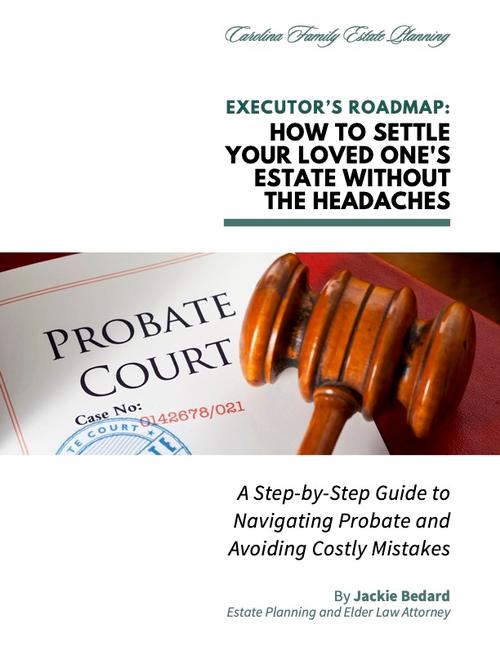Once you are ready to roll up your sleeves and start getting to work, the following tasks should be completed:
- Locate estate planning documents
- Look for any “memorial instructions”
- Arrange for the care of any pets
- Remove any plants and perishables
- Secure the house
- Make funeral arrangements
- Schedule an appointment with an experienced attorney to discuss the estate or trust settlement process
- Don’t close any bank accounts or rollover any IRAs, 401(k)s, or other retirement plans
- Don’t drive the decedent’s car (unless you are the surviving spouse and the car was owned jointly with rights of survivorship)
- Don’t remove any household furnishings
- Don’t pay any of the decedent’s bills
- Don’t use the decedent’s credit cards
- Don’t contact life insurance companies
- Don’t use any Power of Attorneys
- Begin making an inventory of the deceased’s assets and liabilities and make note if any of them are time-sensitive
Read our in-depth article on what to do when a loved one dies in North Carolina.


